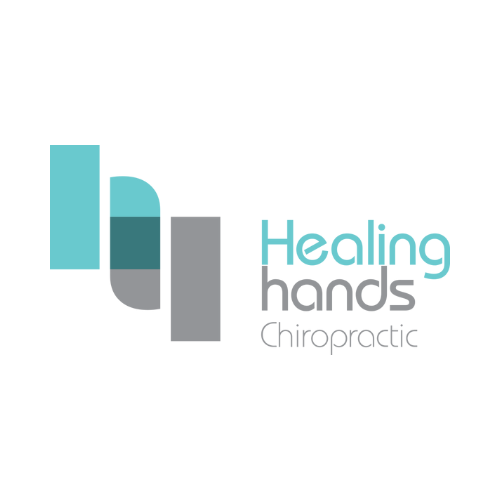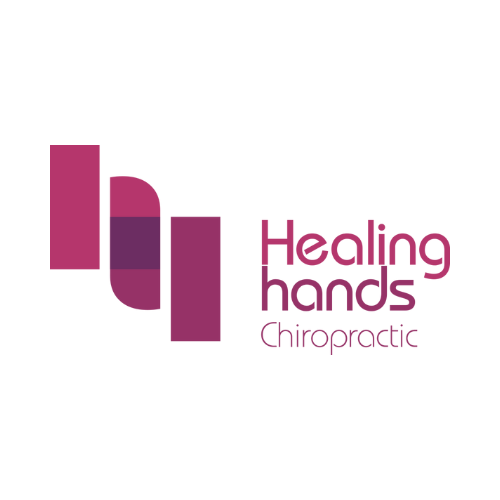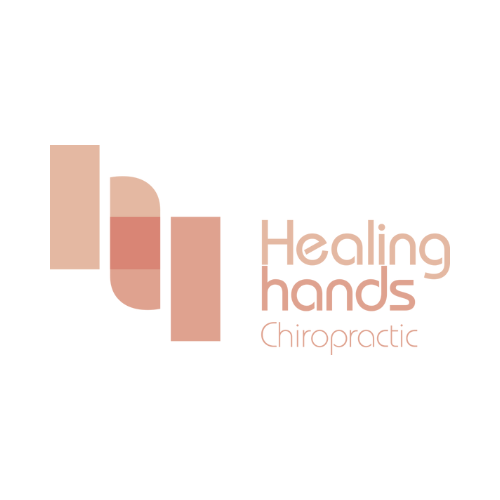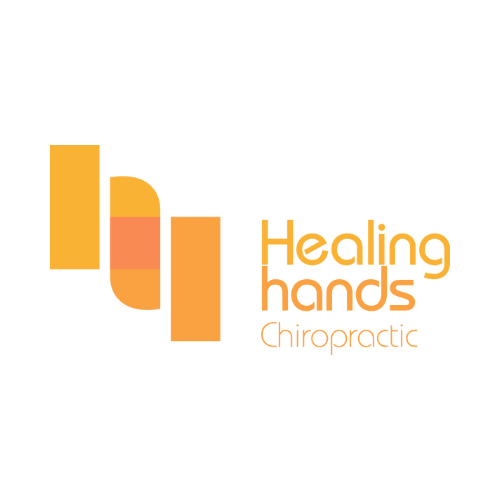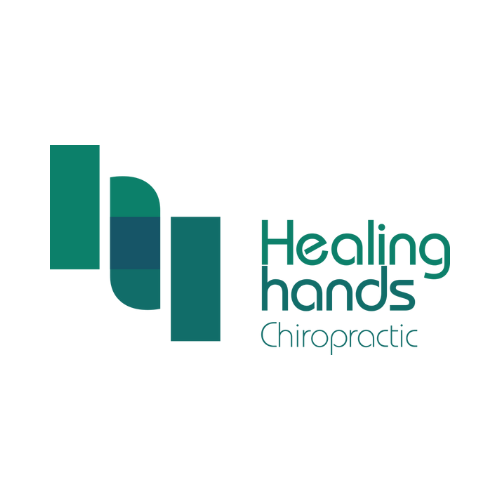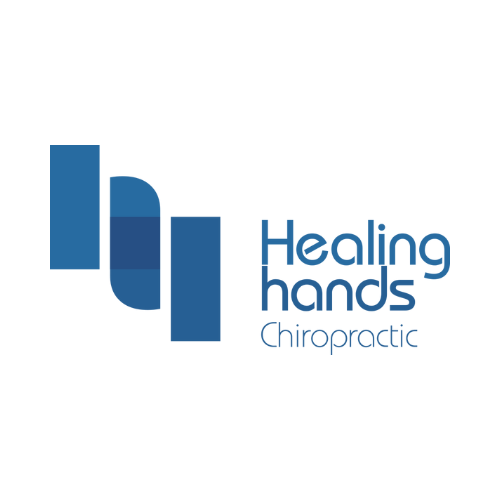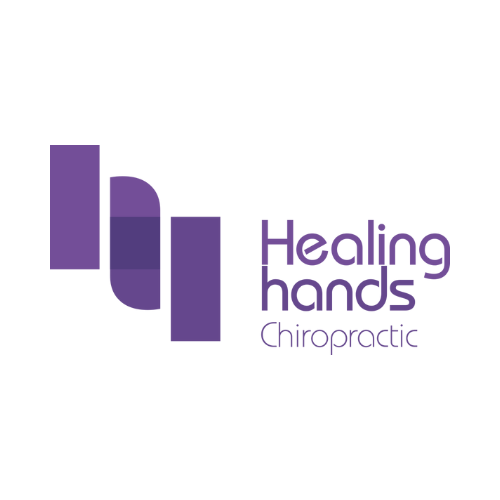Everybody enjoys sleeping. Being able to lie on a soft bed feeling comfortable as every muscle in the body relaxes and then drifting off slowly into sweet dreams. If only that happens so easily.
For many people, sleeping is not as straightforward. Whether it is from insomnia, shoulder discomfort, neck pain, not feeling sleepy enough, emotional and mental distress or an overactive mind, it can be hard to pinpoint a direct cause of poor sleep patterns.
In this article, we will focus on the importance of having quality sleep and how chiropractic care can help you achieve a well-rested night.
Sleep physiology 101
It is recommended that everybody should get up to 8 hours of quality sleep, which means we spend approximately 1/3 of our life sleeping. It is important that we get an adequate amount of sleep, as a well-rested night is quintessential for a healthy mind and body.
When we are sleeping, our immune system is restored to its optimum, neurons in our brain reorganise, contributing to improved memory consolidation, and our tissues repair and grow. Thus, as a result of not having enough quality sleep, we have a higher risk of developing chronic diseases, such as heart disease, a lowered immune response, weight gain, poor concentration and memory, anxiety, mood swings, and even early mortality.
Deep sleep gives your brain a deep cleansing
During sleep, we have non-rapid eye movement (N-REM) stages 1-4, which leads to REM sleep. Throughout the night, your REM and N-REM cycle back and forth, with REM accounting for approximately 25% of a 90-minute cycle.
Your N-REM cycle is critical as slower delta brain waves are produced during those periods, and it is also when your body regenerates and repairs tissues, increases muscle-cell turnover and builds bones.
During N-REM, the slower delta brain waves alter your brain’s blood flow to reduce the amount of blood in your head. What replaces the difference is your Cerebral Spinal Fluid (CSF). Your CSF flushes through your nerves, providing waste removal, nourishment, and protection that cannot be accomplished by your blood system.
Hence, if you do not get quality sleep, your brain is not getting cleansed well, resulting in you not feeling refreshed after waking up. If left unattended, you will begin to see further issues arise.
Consequences of not having quality sleep
Poor concentration, trouble thinking, low energy in the morning, memory issues, and mood swings are just some of the more visible issues that will surface with not having enough quality rest. In addition, research has also found that issues such as poor balance, reduced libido, reduced growth hormone production, diabetes mellitus, high blood pressure, lowered immune function and weight gain occur as a result of poor-quality rest.
What can you do on your own to improve your sleep?
1. Exercise… But not at night
This is a general rule that does not impact everybody. However, people who, on average, exercise at least one to two hours before sleeping do not give their bodies sufficient time to relax and calm down. While exercising definitely will tire the body and help cure insomnia, research has found that it may affect the occurrence of deep sleep.
2. Get into a normal routine
Scrolling through your social media in bed or binge-watching your favourite Netflix series may sound like a great way to end your day. However, your body needs sufficient time to prepare for rest. Give your brain the opportunity to calm down and go into resting mode by sleeping at the same time throughout the week.
3. Limit long naps
The studies on the benefits of taking naps result in lots of mixed reviews. However, one thing for sure is that taking naps for more than three hours can affect your circadian rhythm, also known as your body clock, making a restful and deep sleep at night harder to achieve.
4. Stop being blue
The most significant factor of poor-quality sleep is the prevalence of blue light. Our brain is capable of sensing various wavelengths of light that our eyes pick up. During twilight and daytime, our eyes detect lots of blue light, which helps boost our reaction time, mood, and attention. Our TVs, tablets, phones, and computer monitors all emit lots of blue light, which makes it harder for us to fall asleep.
Additionally, blue light also limits the production of melatonin hormones, which are responsible for making us feel sleepy. Hence, one way to help us fall asleep faster is to lower the lights in your room at least two hours before bedtime and stop your screen time.
How chiropractic care helps to improve sleep quality
Chiropractors work with your joints and spine to manage your nervous system, which is your body’s highway of information. By removing vertebral subluxation, chiropractic care is able to improve your central nervous system by clearing out any neurological and mechanical blockages, whether it is neck or lower back pain treatment.
Sleep difficulties can occur as a result of interference along your spines and the surrounding joints. For example, if you have a stiff and painful shoulder, you will find it harder to fall asleep or sleep well. As a result, going for frozen shoulder treatment can help alleviate the pain while improving your joint mobility, helping you to enjoy a more restful and comfortable sleep.
The most significant focus for individuals with sleep difficulties is the upper cervical region, which involves the C1 and 2 joints, as well as the occiput (the back of the head). While that does not mean the rest of your cervical vertebrae is not important, the first two cervical joints are more far-reaching neurologically.
The C1’s articulations enable it to hold our head in a strong, neutral position. However, when there are tiny misalignments from old injuries or poor postures, it can result in the offset of our natural balance. As the C1 and 2 joints are the initial point of contact that can interfere with the nerve flow leaving the brain, realigning it is a top priority in order to sleep well.
Conclusion
Sleep is an essential aspect of a healthy overall well-being. However, it is also a complicated process. There are many factors that we might not take into account that will affect the quality and quantity of our sleep. Hence, taking intentional steps to improve our sleep is vital. If you still find it hard to fall asleep or sleep well, consider chiropractic care with Healing Hands Chiropractic.
We can be found in seven locations across Singapore, ensuring that you can seek professional help no matter where you are located. Our team has years of experience managing a wide variety of pains and aches, offering even corporate wellness programs for businesses that wish to improve the overall well-being of their employees. Contact us to inquire more!






